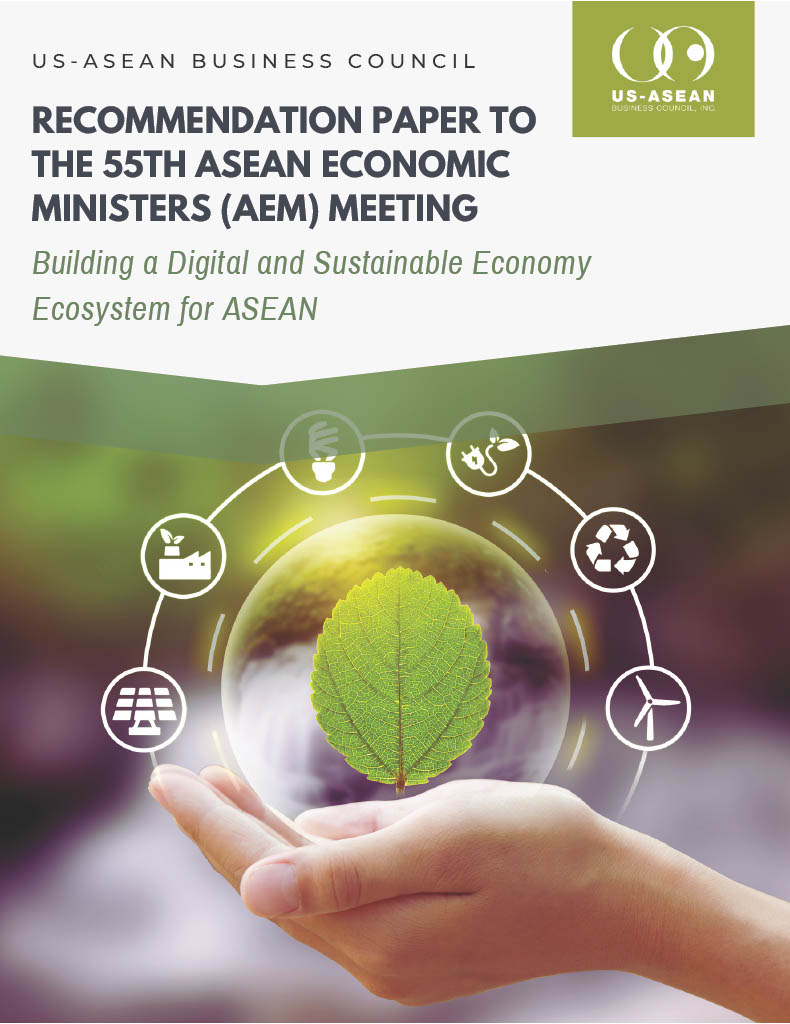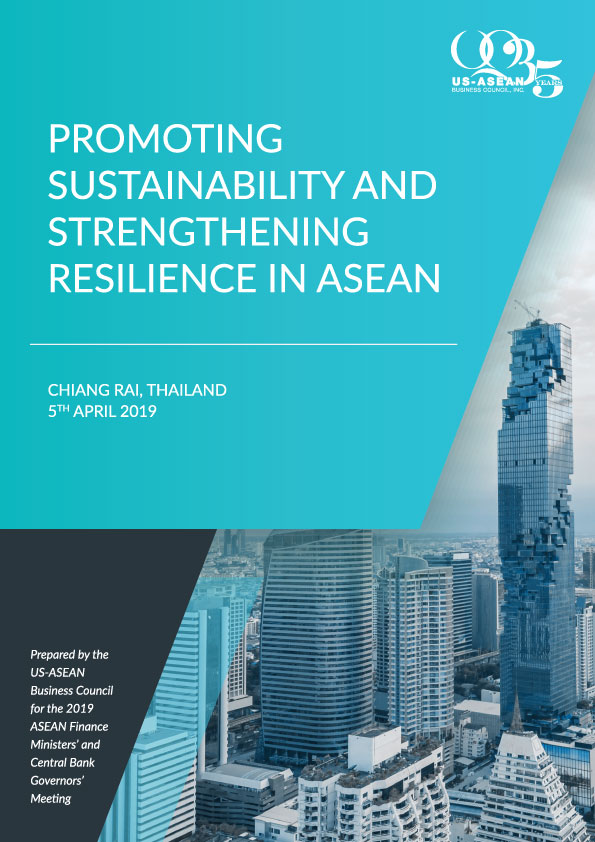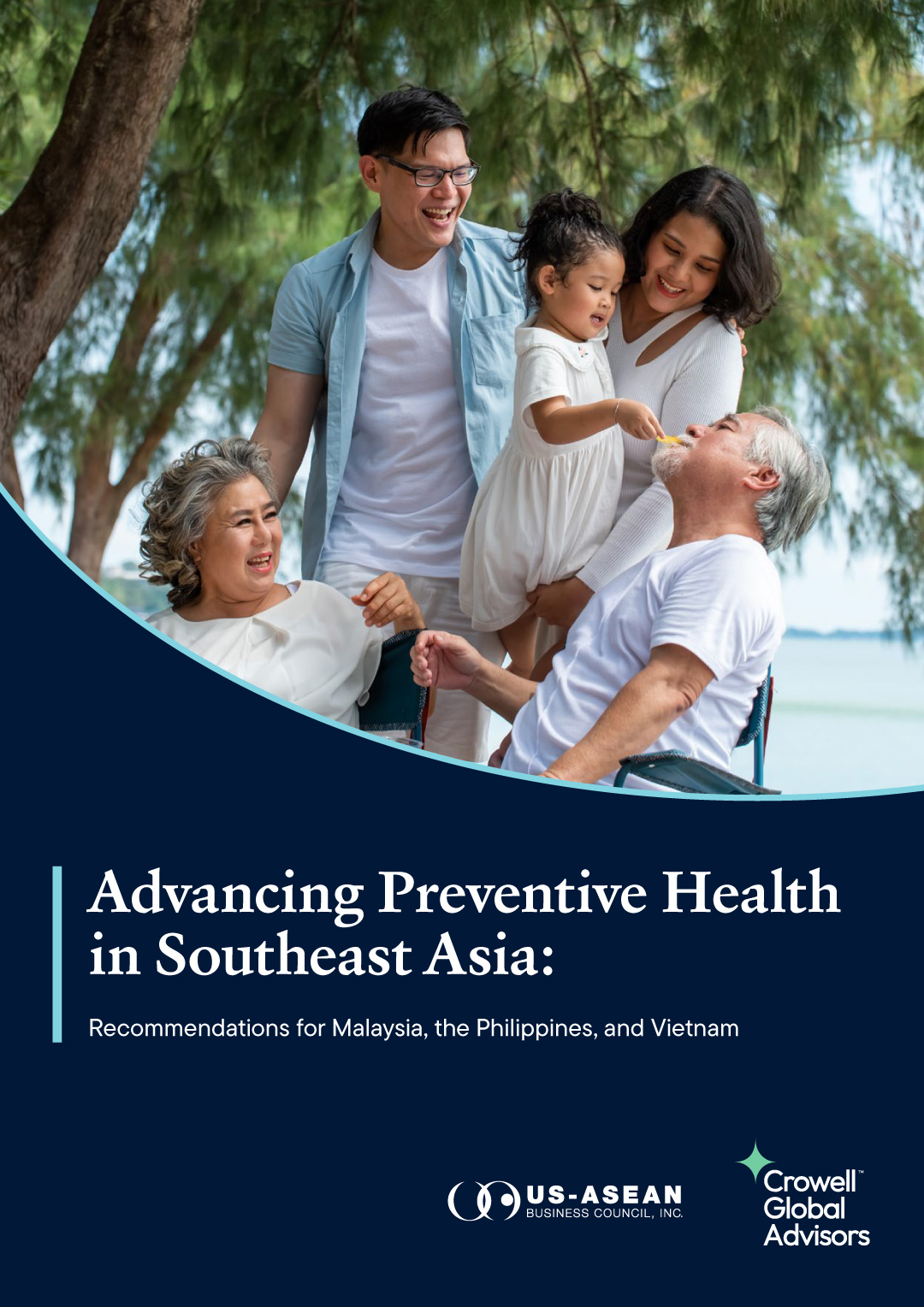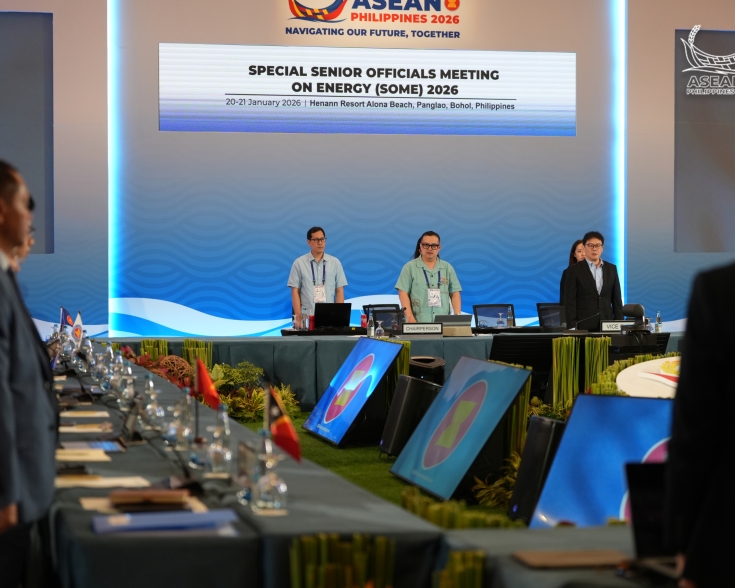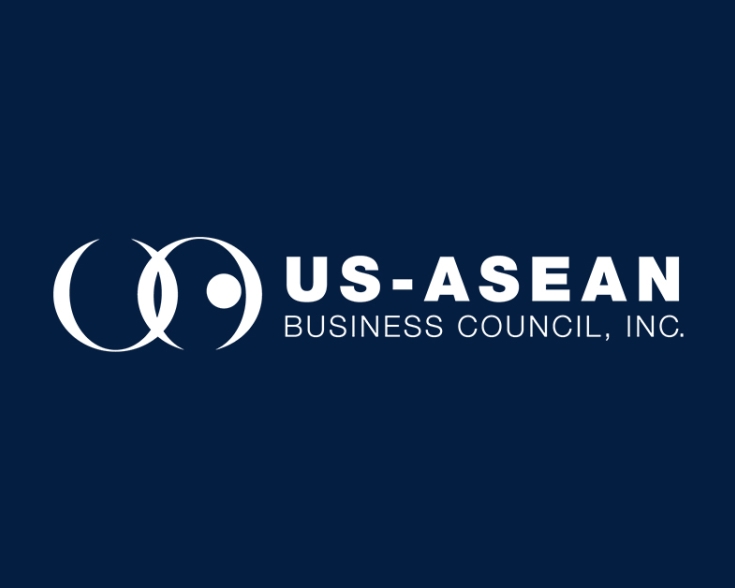Healthcare Reform Initiatives in ASEAN

In the wake of the Covid-19 pandemic, governments across Southeast Asia are reassessing and restructuring national healthcare systems. Last month, Indonesia’s parliament approved an Omnibus Health Bill to reform the country’s healthcare framework. The bill aims to place greater regulatory responsibility in the central government and the Ministry of Health (MOH), which will reduce red tape and enhance flexibility. Under the new legislation, patients can file criminal charges against medical practitioners for mistakes or negligence. Additionally, foreign doctors will now be able to practice in Indonesia, on the condition that they either pass a competence evaluation or have practiced for at least five years overseas. The bill also bans the sharing of biomedical and genomic data overseas, unless certain conditions are met. These include receiving approval from the patient and the MOH, declaring the data sharing to be for research purposes, and affirming that the necessary technology is absent in Indonesia. For more details, please see the Council’s update on the Omnibus Health Bill.
The Philippines is taking steps to address its domestic shortage of healthcare workers. The Commission on Higher Education announced in mid-July that it will create certificate programs for healthcare assistants and associates, which will reduce the number of tasks being performed by nurses. These courses will be significantly shorter than typical nursing programs. Meanwhile, Philippine Secretary of Health Teodoro Herbosa has expressed support for allowing foreign doctors to practice in the Philippines. The Department of Health plans to discuss the matter with the Professional Regulations Commission.
The Malaysian government released its Health White Paper in mid-June, which seeks to reform the country’s health sector over the next 15 years. A key proposed change is the MOH renouncing its role as a health service provider and strengthening its regulatory and supervisory functions. As a result, greater operational and financial autonomy will be granted to public healthcare facilities. The paper also proposes a health benefits package, which would standardize fees for services and medicine regardless of whether the provider is public or private. This package would be supported by a special health fund comprised of government allocations and donor money. To further reduce out-of-pocket expenses for low-income households, the paper proposes a review of fee structures in public hospitals, with a suggestion to charge fees that are consistent with the individual patient’s ability to pay.

